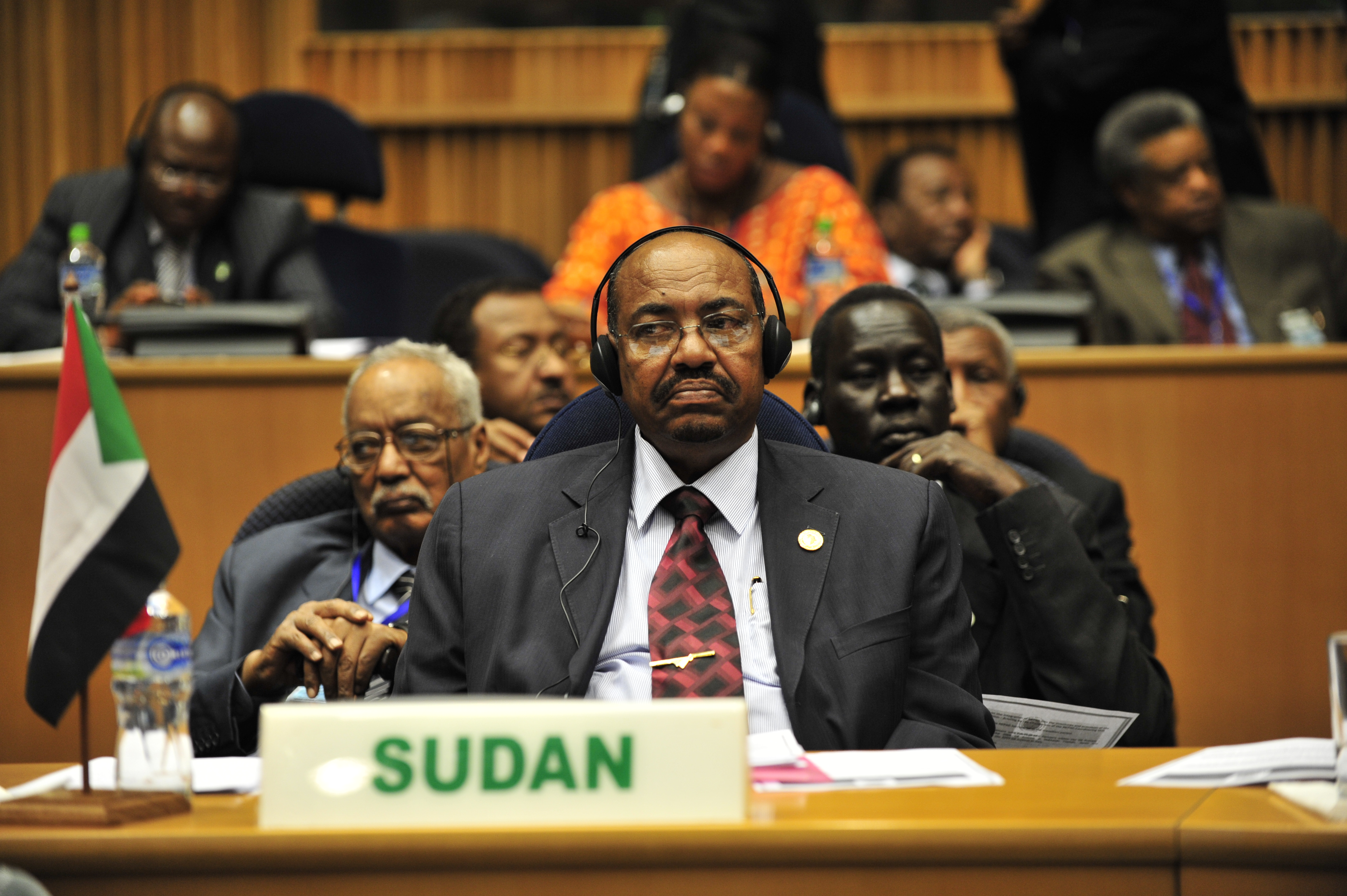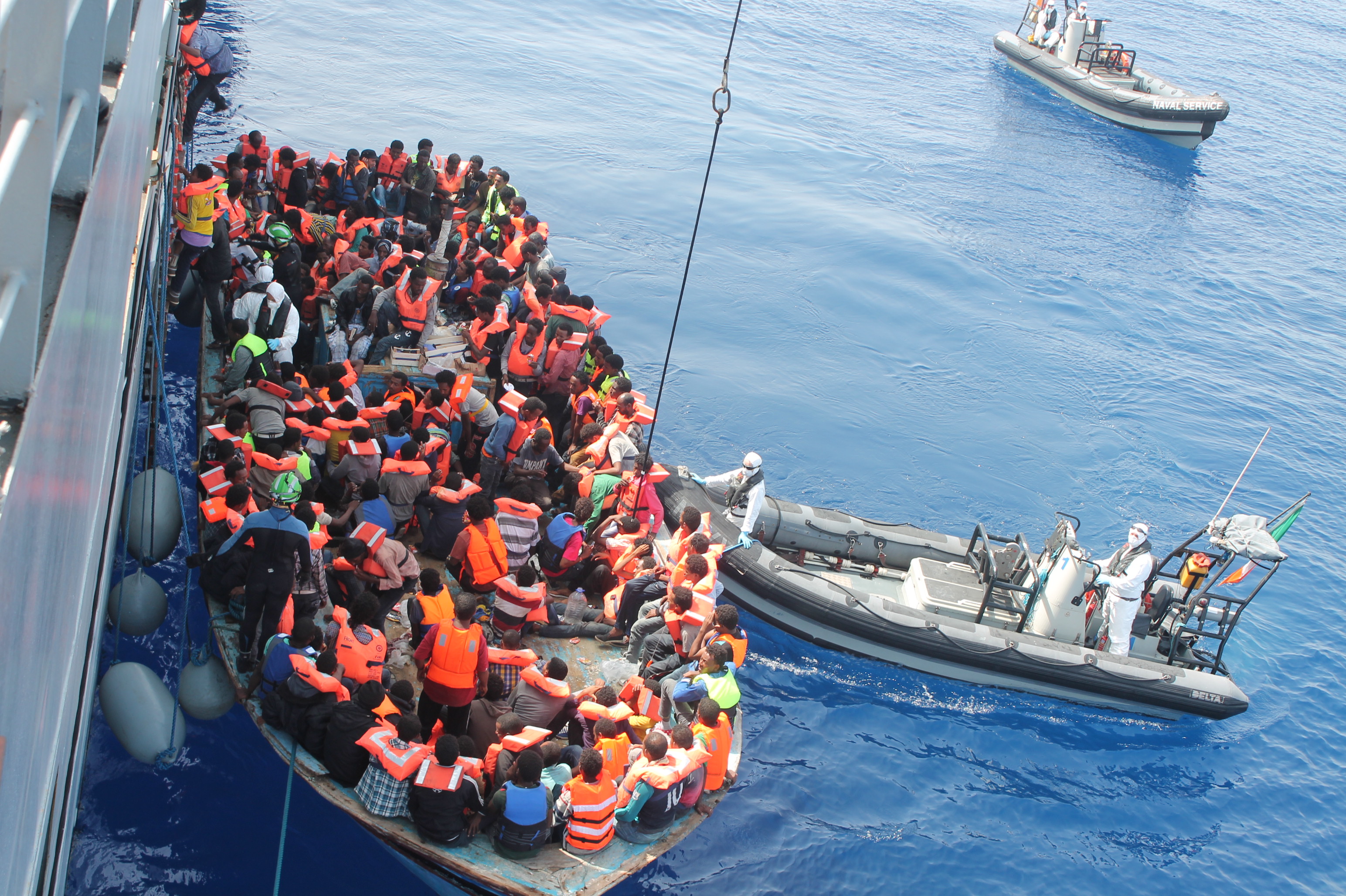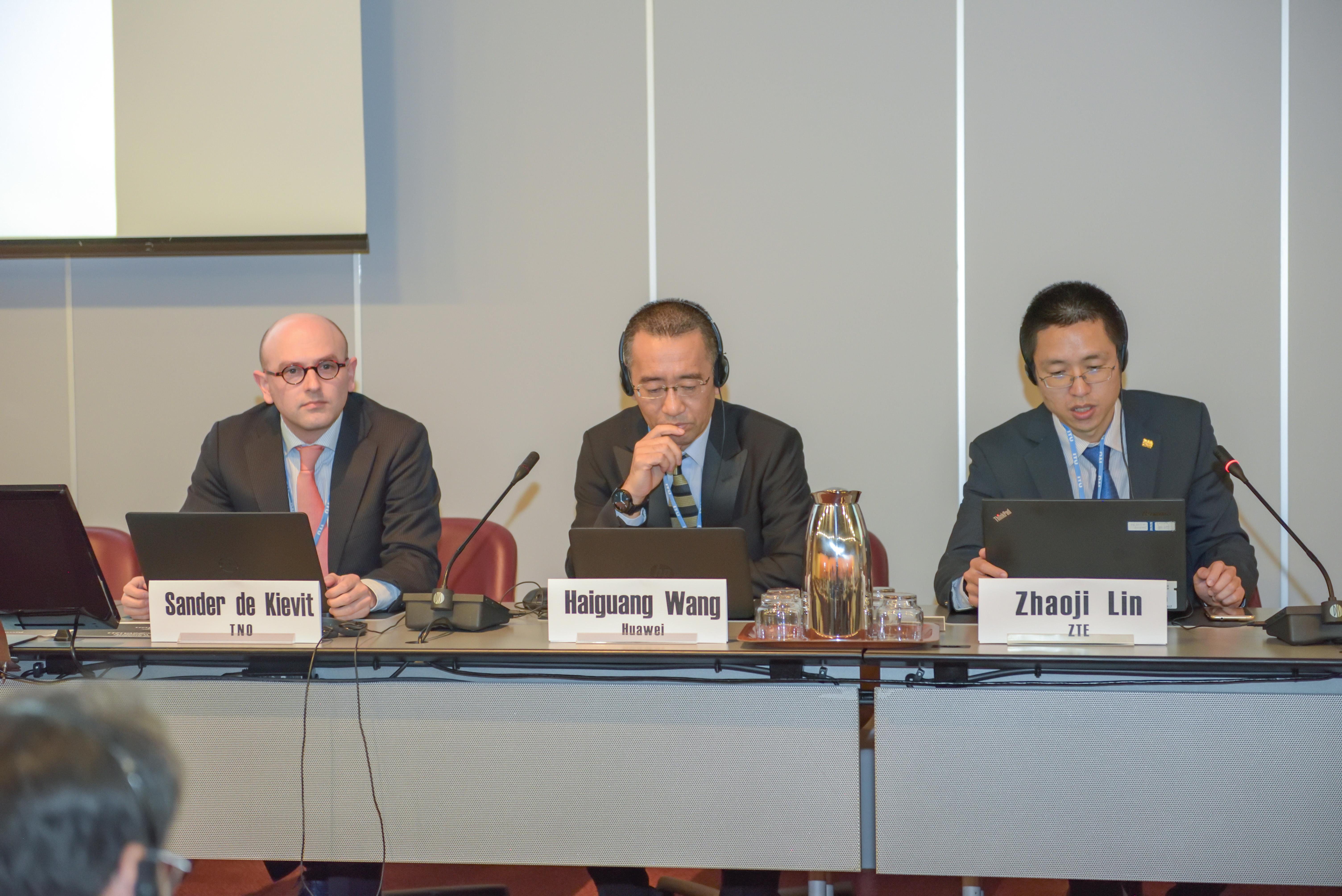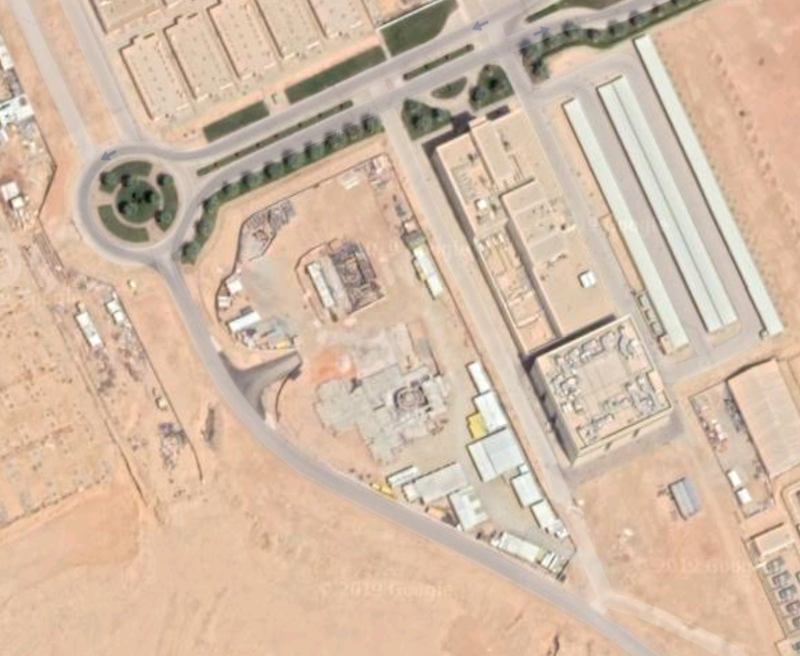Tensions are rising throughout Sudan. Protestors are calling for a civilian government and an end to the long military rule that has characterized Sudanese politics. The protests began in December of 2018, where protesters disputed the rising bread prices and chanted “No to hunger.” Omar al-Bashir, the former President of Sudan, took power through a military coup against Read More…
Cyber Security and Emerging Threats
The NAOC’s Cyber Security and Emerging Threats Program features an in-depth analysis of latest trends, developments, and threats in international security. New security concerns are always on the horizon and our program seeks to examine these domains including global warming, natural resources, drones, urban conflicts, and cyberspace.
The program’s mandate is to keep Canadians informed on these rapidly developing and increasingly pivotal realms that are integral to all aspects of security.
AI in Canada: The Canadian Tech Industry’s Plan to Reverse the Brain Drain of AI Talent
In part 2, Alexis Amini delves into the Canadian tech industry’s strategy to reverse the brain drain of AI talent and develop domestic AI champions able to compete with Big Tech.
The Libyan conflict is exacerbating the horrific conditions of those seeking refuge
Conflict is on the rise throughout Libya as two key factions seek to establish themselves as the legitimate government. Libya has been in a state of ongoing conflict since the Libyan Civil War began in 2011. The conflict has impacted society in many ways, such as the massive displacement of countless Libyans. They are largely fleeing Read More…
AI in Canada: Ottawa’s Plan to Reverse the Brain Drain of Canadian AI talent
Research Analyst Alexis Amini explains how Canadian authorities look to build upon Canada’s lead in fundamental AI research to create a world-leading national AI industry featuring a complete value-chain.
The Strife over Rights and the Making of 5G Technology
Digital security has become an issue of extreme importance for the international community. Unleashing untapped potential with increasingly efficient, accessible, and customizable technological means has opened up a multitude of opportunities for both societal and human development. In turn, simultaneously being established are the heightened odds of privacy invasion, data collection, and faster data transmissions Read More…
Is Libya Ready for a Democracy?
Libya has experienced an ongoing political crisis since the Arab revolt and protests of 2011. The aftermath of the protests has led to a civil war, foreign military intervention backed by NATO, the ousting of the former President Muammar Gaddafi. The problems occurring in Libya can be traced back to Gaddafi’s downfall, as Libyan society Read More…
Does the New Saudi Reactor Justify Proliferation Fears?
In early April 2019, Saudi Arabia’s progress in constructing its first nuclear reactor with the assistance of Argentine firm INVAP was the subject of considerable media attention that speculated on the dangers of this development. This was made all the more alarming given the reported nuclear technological assistance to the kingdom that the American administration Read More…
Tiger’s Echo: What do Last Week’s Easter Attacks Mean for Sri Lanka?
On Easter Sunday, Sri Lanka was rocked by a series of eight coordinated bombings targeting the island-nation’s Christian communities, as well as foreign tourists who had planned to spend the holiday season in the country. Over 250 worshippers were murdered during Sunday mass, and well over 500 others were injured or hospitalized. Authorities have traced Read More…
How Biometrics Helps Refugees Regain Dignity
Refugees often, and understandably, lack the legal documents needed to grant them legal personhood. Biometrics offers a way to change that, and reconnect refugees to vital services while clamping down on aid fraud.
Opinion: Returning ISIS foreign fighters, what needs to be done?
The stories about returning ISIS fighters and what should be done.










